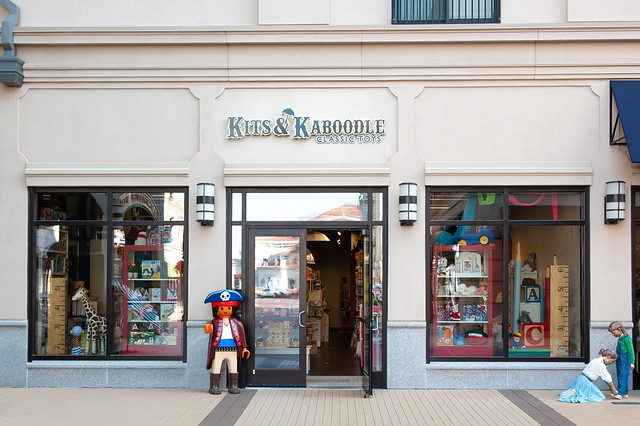Podcast: Play in new window | Download
In this Adventure in Etymology we free ourselves by looking into the word escape.
Escape [ɪˈskeɪp / əˈskeɪp] can mean:
- To get free; to free oneself.
- To avoid (any unpleasant person or thing); to elude, get away from
- To avoid capture; to get away with something, avoid punishment
- To elude the observation or notice of; to not be seen or remembered by
It comes from Middle English escāpen (to free oneself, get away, avoid, elude), from Old Northern French escaper (to evade, avoid) from Vulgar Latin *excappāre (to escape) from ex- (out) and cappa (cape, cloak), or literally “to get out of one’s cape; to leave a pursuer with just one’s cape” [source].
Words from the same roots include escapade (a daring or adventurous act; an undertaking which goes against convention) in English, scappare (to run away, flee, escape) in Italian, échapper (to escape, evade) in French, and escapar (to escape, get out, run away) in Spanish [source].
The English word scamper (to run lightly and quickly, especially in a playful or undignified manner) possibly comes from similar roots, via Middle Dutch schamperen (to insult, scorn, dishonour), Old French esc(h)amper (to break loose) and Vulgar Latin *excampāre, from ex- (out) and campō, from campus (field) [source].
Other interesting English word related to escaping include:
- absquatulate = to leave quickly or in a hurry, to depart, flee, abscond – a jocular mock-Latin word coined in the USA in the 1830s from abscond, squat and perambulate [source].
- skedaddle = to move or run away quickly – appeared in the USA in the 1860s. Possibly from scaddle, a UK dialect word meaning to run off in fright [source].
- vamoose = to run away, flee, hurry – from Spanish vamos (we go) or vámonos (let’s go) [source].
You can also listen to this podcast on: Apple Podcasts, Amazon Music, TuneIn, Podchaser, Podbay or Podtail and other pod places.
If you would like to support this podcast, you can make a donation via PayPal or Patreon, or contribute to Omniglot in other ways.
Radio Omniglot podcasts are brought to you in association with Blubrry Podcast Hosting, a great place to host your podcasts. Get your first month free with the promo code omniglot.
I also write about words, etymology and other language-related topics on the Omniglot Blog, and I explore etymological connections between Celtic languages on the Celtiadur blog.




